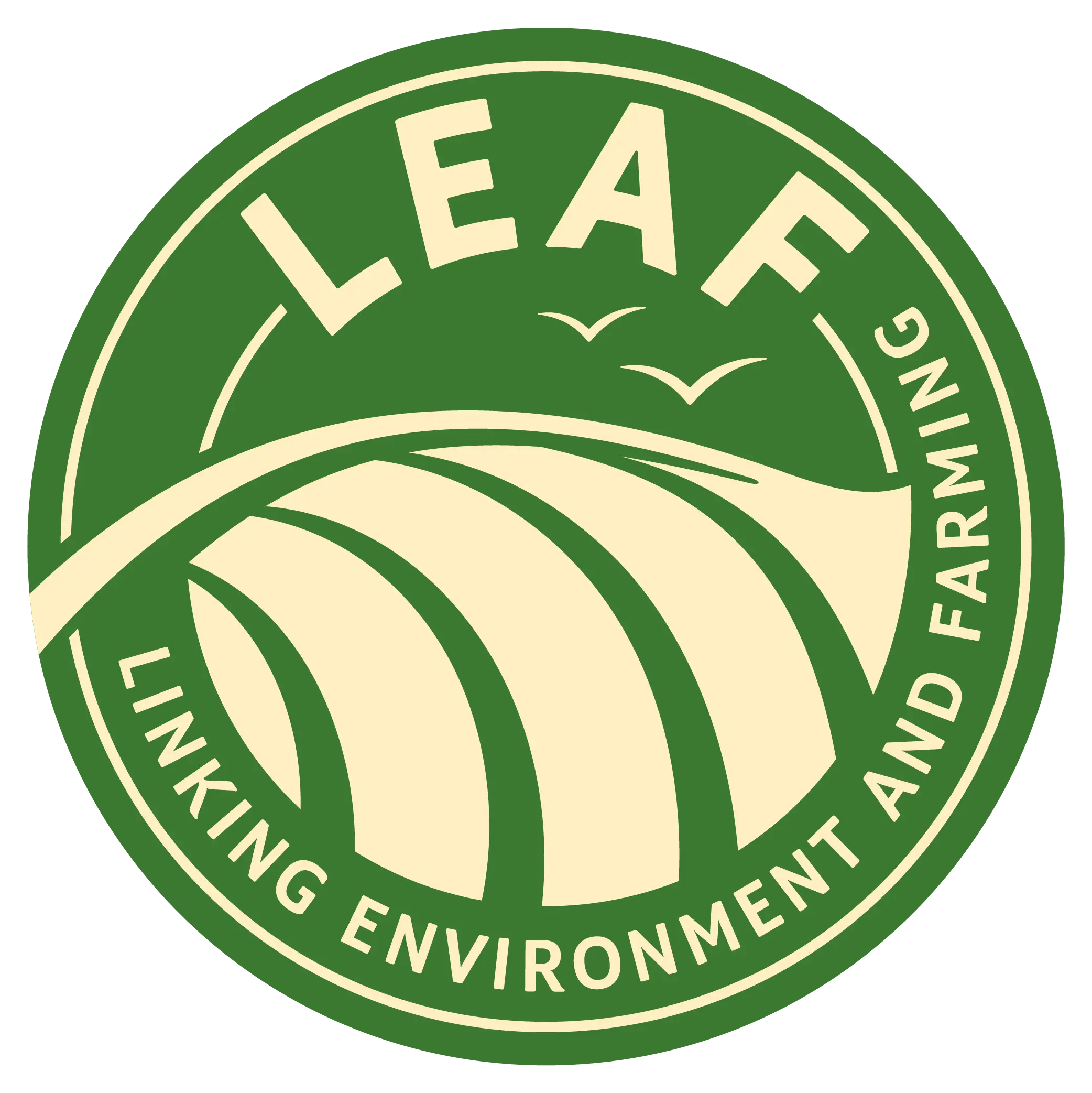- About Integrated Farm Management
- Our LEAF Network of Demonstration Farms & Innovation Centres
- Resources
- LEAF Sustainable Farming Review
- LEAF Endorsed Advisors & Consultants
- Our Projects & Partnerships
- Nature Based Solutions to Climate Change
- Beacons of Excellence
- Resilient & Ready
- Accelerating & Demonstrating the Journey to Net-Zero
Newcastle University Farms
Newcastle University (NU) farms conducts research in a wide range of areas covering crops and livestock and uses precision technology across all grass and arable land. Covering 800 hectares spread across Cockle Park Farm and Nafferton Farm, the work of NU has informed scientific advances and policy for over a century.

Primary contact: James Standen (Farms director)
Contact details: [email protected]
Address: Newcastle University, Cockle Park, NE61 3EA / Nafferton Farms, Northumberland, NE43 7XD
NU farms contact details: [email protected] (01661 830222)
Newcastle University Farms comprises approx. 800 hectares of owned, leasehold and rented land and is split into two main blocks: the 300 ha Cockle Park and the 500ha Nafferton (and Ousten) Farm. NU Farms is a diverse range of enterprises consisting of a 300 autumn and spring split block dairy herd managed on a rotational grazing system, 425 hectares of arable land growing combinable crops and a 140 sow breeder finisher unit. The farm operates a direct drilling system and the farm uses precision technology across all grass and arable land. NU farms acts as a research, teaching and engagement platform, working at all scales in the agri-system. Their work tackles major challenges including food security, herbicide resistance, environmental change, nutrition and rural energy.
Activities:
Cockle Park Farm grows cereals, oilseeds, grass and coppiced willow in addition to a 140 sow pig unit, 180 cow dairy unit and 60 beef bulls. Livestock waste and energy crops are used to power an anaerobic digester used for rural energy research. Nafferton Farm is home to arable, dairy and beef activities, alongside dry-stone wall and field-edge management. Nafferton is best known for its work on organic farming systems led by the Nafferton Ecological Farming Group. The farm is in two Mid-Tier Stewardship Schemes with a range of options including enhanced flower margins, wild bird mixes, cultivated fallows, legume fallows, over wintered stubbles, grassland management and resource protection.
Research at NU farms has informed scientific advances and policy for over a century. Findings are disseminated through publication and presentation, and events are regularly organised on farm. NU Farms hosted the joint Agri-Tech event in 2019 and a field day with LEAF in July 2019 as part of the H2020 SoIACE project. There are plans to expand Knowledge Exchange, including a consolidated NU Farms website, re-establishing the Northern Arable Centre (NAC), the development of the Northern Grazing Hub and linking with other farmers across the region. Long-term trials and research are an important part of NU farms, including Palace Leas Hay Meadow Plots- the world’s longest running grazing and hay cutting experiment, and the Nafferton Ecological Farming Group which has farmed organically since 2000.
Facilities at NU farms include specialist research laboratories and demonstration facilities for educational purposes. The Institute for Agri-Food Research and Innovation (IAFRI) operates out of NU farms, as does the Centre for Digital Innovation Applied to Livestock (C-DIAL) and the Centre for Crop Health and Protection (CHAP).
Research interests:
Research areas are wide-ranging though emphasis is currently being placed on IFM approaches in both crops and livestock, the aim of this is to deliver:
- ‘Sustainable intensification’ through ‘regenerative agriculture’
- Engagement with ecosystem services
- Precision agriculture
- Improved on-farm efficiencies and animal welfare.
NU Farms has established commercial research platforms alongside academic research, focusing on variable rate inputs, companion cropping, tillage selection, grazing models, pasture diversification and multifunctional habitats, with plans to establish an agroforestry platform. NU Farms is also actively building computing, engineering and agriculture collaborations, translating existing urban technology into rural environments and building sensor and precision farming capabilities. Researchers specialise in crops, soil and dairy systems, but areas of expertise also exist for pigs, chickens and emissions research.
